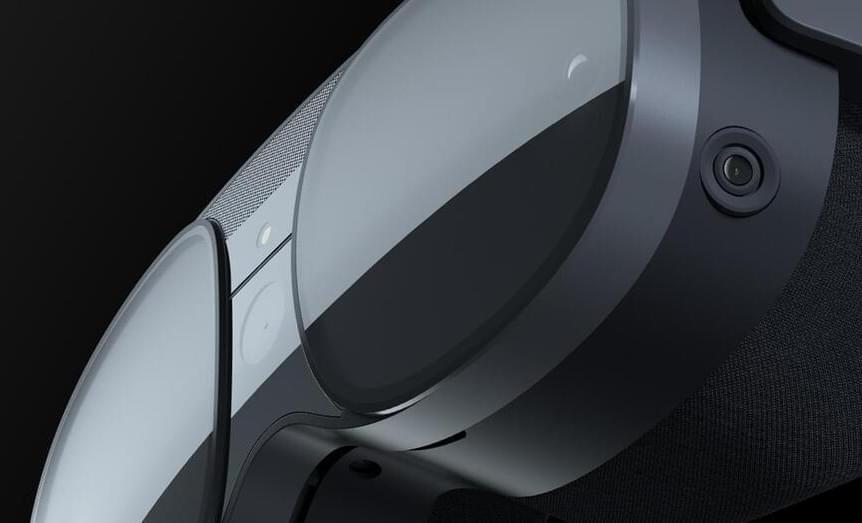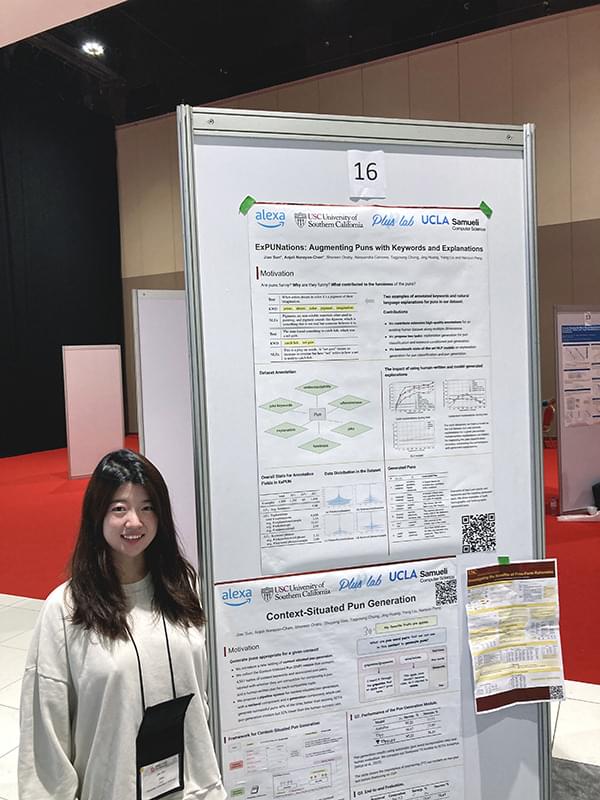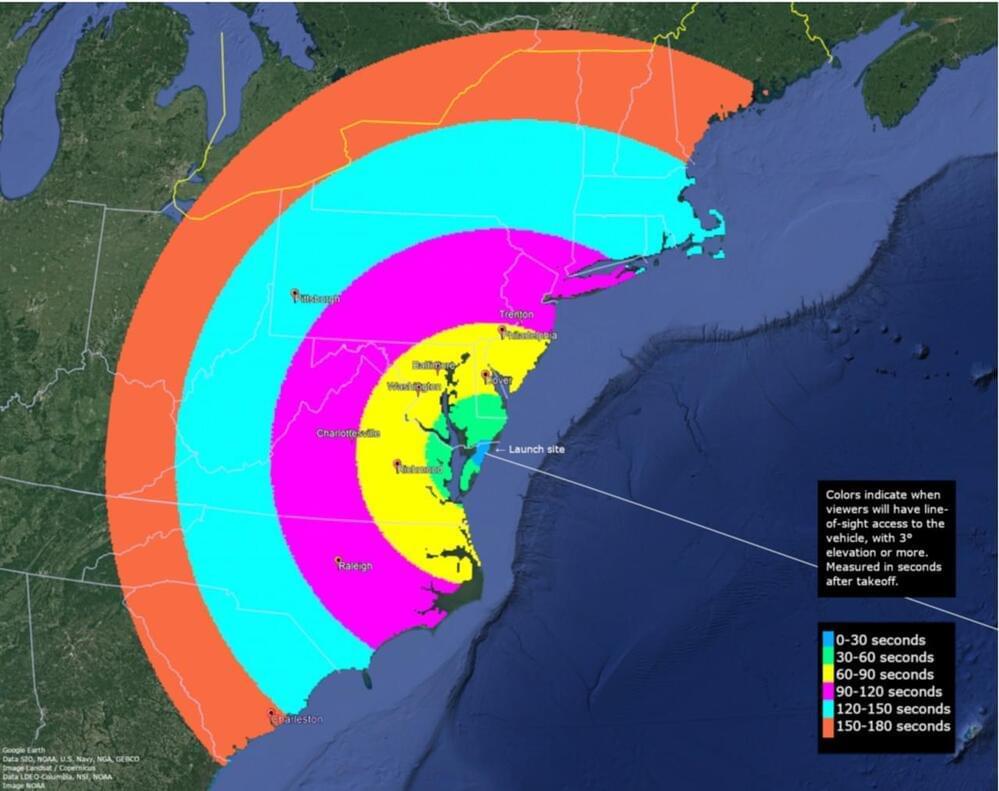“Advent has a proven record of strengthening its portfolio companies and a desire to support Maxar in advancing our long-term strategic objectives,” Maxar CEO Daniel Jablonsky said in the statement. “As a private company, we will have enhanced flexibility and additional resources to build on Maxar’s strong foundation, further scale operations and capture the significant opportunities in a rapidly expanding market.”
With some $28 billion invested across the defense, security and cybersecurity sectors in the last three years, Boston-based Advent’s portfolio companies support many satellite and defense platforms which serve the U.S. government and its allies as well as companies across the globe. The firm said it arranged debt and equity financing commitments to finance the acquisition.
The transaction is expected to close mid-2023, subject to customary closing conditions. Maxar, which has 4,400 employees, will operate under the same brand and maintain its headquarters in Westminster, Colorado, and will remain U.S.-controlled and operated.







